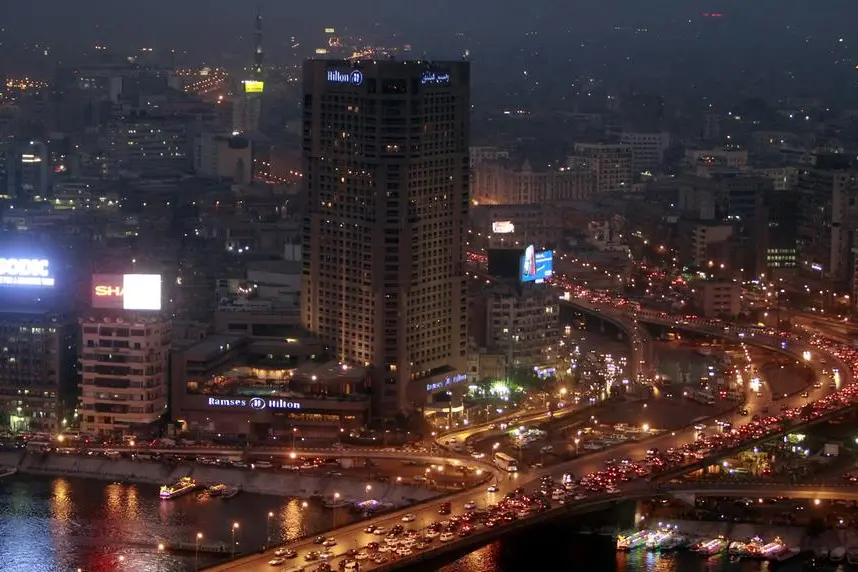PHOTO
Fitch Ratings has revised Egypt’s outlook to “positive” from “stable” on reduced external vulnerability and stronger foreign direct investment (FDI).
Near-term external financing risks have markedly reduced due to the $35 billion Ras El-Hekma deal with the UAE, a flexible exchange rate, a monetary tightening policy and a rise in non-resident inflows, the rating agency said in a report.
“The Ras El-Hekma investment underscores the strength of GCC financial support for Egypt,” Fitch added.
The rating agency also affirmed the issuer default rating (IDR) at “B-“.’
According to the report, the country’s exchange rate flexibility will be more durable than in the past, and the initial steps to contain off-budget spending will likely help reduce risks to public debt sustainability.
In March, the International Monetary Fund’s extended fund facility was augmented by $5 billion to $8 billion, the European Union approved a three-year support package of €7.4 billion and non-resident holdings of domestic debt rose to $35.3 billion from $16.6 billion at end-2023.
As a result of capital inflows, the Central Bank of Egypt’s net foreign liability position fell by around three-quarters in March to $1.3 billion, and that of banks to $2.8 billion from $17.5 billion in January.
Fitch forecasts gross FX reserves will increase by $16.2 billion in the financial year (FY) 2024 to $49.7 billion despite a four percentage point widening of the current account deficit to 5.2% of GDP. This is due partly to lower oil and services exports and a temporary boost to imports from the recent clearance of an estimated $8 billion forex backlog.
Forex reserves are forecast to rise further to $53.3 billion by FY 2025, equivalent to 5.6 months of current external payments. Net external debt is expected to fall to 23.2% of GDP in FY 2023-2025.
Fitch expects inflation to fall to 12.3% in June 2025, reflecting the 800 basis points of policy interest rate rises this year.
Inflation rose to 35.7% year-on-year in February but fell to 33.4% in March.
Moreover, Fitch forecasts GDP growth to slow to 3.1% in FY 2024 and accelerate to 4.7% in FY 2025 on strengthening confidence, remittances, real incomes and FDI spending.
However, further escalation of regional conflict represents a risk to tourism and Suez Canal receipts, which are already projected to fall 6% and 19%, respectively, in FY 2024.
(Editing by Seban Scaria seban.scaria@lseg.com )





















